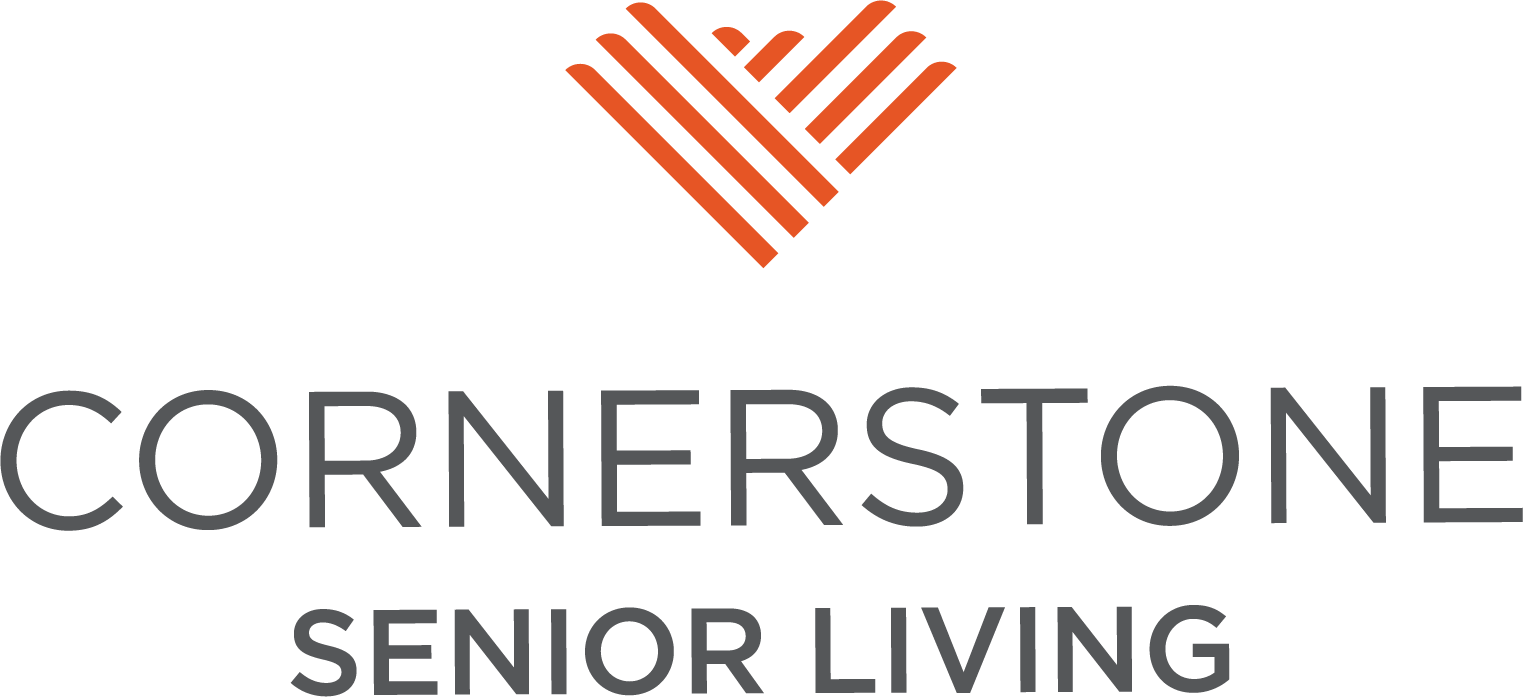
When a physician passes down a diagnosis of dementia, acceptance isn’t always the first response. Dementia is a serious neurological disease that requires an understanding of the patient and the loved ones surrounding them.
If you have a parent or family member in assisted living that has been diagnosed and is having a hard time coming to terms, having the right information on your side is a great way to approach this situation.
Understand Why Denial Happens
Denial is an issue that many family members not going through dementia may not understand. Put yourself in their shoes and you may be able to understand that years of forgetfulness may seem normal to an individual.
Other reasons behind denial aside from accepting the symptoms as “normal” include:
- Denial being used as a coping mechanism
- They may not have even noticed the symptoms of their neurological disease
- The social stigma associated with dementia
Denial Comes with Many Risks
Unfortunately, denial can present some danger to your loved one if it is allowed to carry on. Obvious accident risks are the main problem with denial, but your loved one (and family as well) can also face other threats with their failure to accept a dementia diagnosis.
These risks are:
- Overdosing on medication
- Family conflict
- Financial troubles
- Health decline
Tips for Overcoming Dementia Denial
Overcoming denial is entirely up to the individual. However, you as a bystander can take some extra steps to help your loved one approach the diagnosis from the right angle.
1. Explain it in Layman’s Terms
The term ‘dementia’ can be one that is initially very frightening to a person living with the illness. If your loved one isn’t accepting the diagnosis from the doctor, it could be because they just don’t want to believe it is happening to them.
Sometimes the advancement of the disease is the reason behind this fear. Explaining their memory problems in gentle terms could be the first step to helping them accept their dementia diagnosis. Statements like “Your brain just isn’t working as well as it used to,” or “your memory isn’t what it used to be,” are great ways to take this approach.
2. Don’t Force Acceptance
Sometimes being aware that the loved one will come around to accepting their disease is the best way to help them overcome denial. Your job in this instance is to ensure that their safety is your number one concern. Your loved one may have dementia that is advanced enough for them to not even realize they have dementia.
3. Have a Family Meeting
Don’t let the weight of helping your loved one overcome denial rest solely on your shoulders. Gather the family together and make a plan for how you can all face dementia head-on. During this meeting, it will be paramount to discuss:
- Current difficulties the loved one faces
- Scheduled care/visits
- The option of a Memory Care community
Start the Road to Acceptance with a Tour of a Cornerstone Memory Care Community
Dementia is a journey that will require all of the help that your family can afford. Let Cornerstone Memory Care communities help play a role in keeping your loved one comfortable. Contact us today to learn about our services in your area and to set up a tour!



 Copyright © 2023 Cornerstone Senior Living - All Rights Reserved
Copyright © 2023 Cornerstone Senior Living - All Rights Reserved